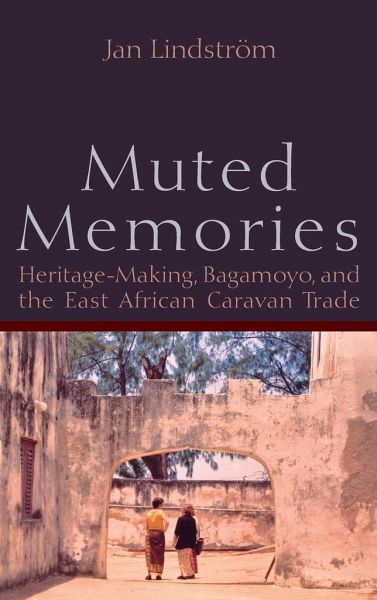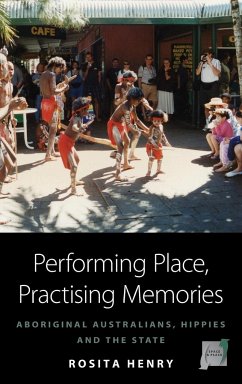
Muted Memories
Heritage-Making, Bagamoyo, and the East African Caravan Trade

PAYBACK Punkte
73 °P sammeln!
In the late nineteenth century, tens of thousands of porters carried ivory every year from the African interior to Bagamoyo, a port town at the Indian Ocean. In the opposite direction, they carried millions of meters of cloth, manufactured in the USA, Europe, and India. This book examines the centrality of the caravan trade, both culturally and economically, to Bagamoyo's development and cosmopolitan character, while also exploring how this history was silenced when Bagamoyo was instead branded as a slave route town in 2006 in an attempt to qualify it for the UNESCO World Heritage List.













